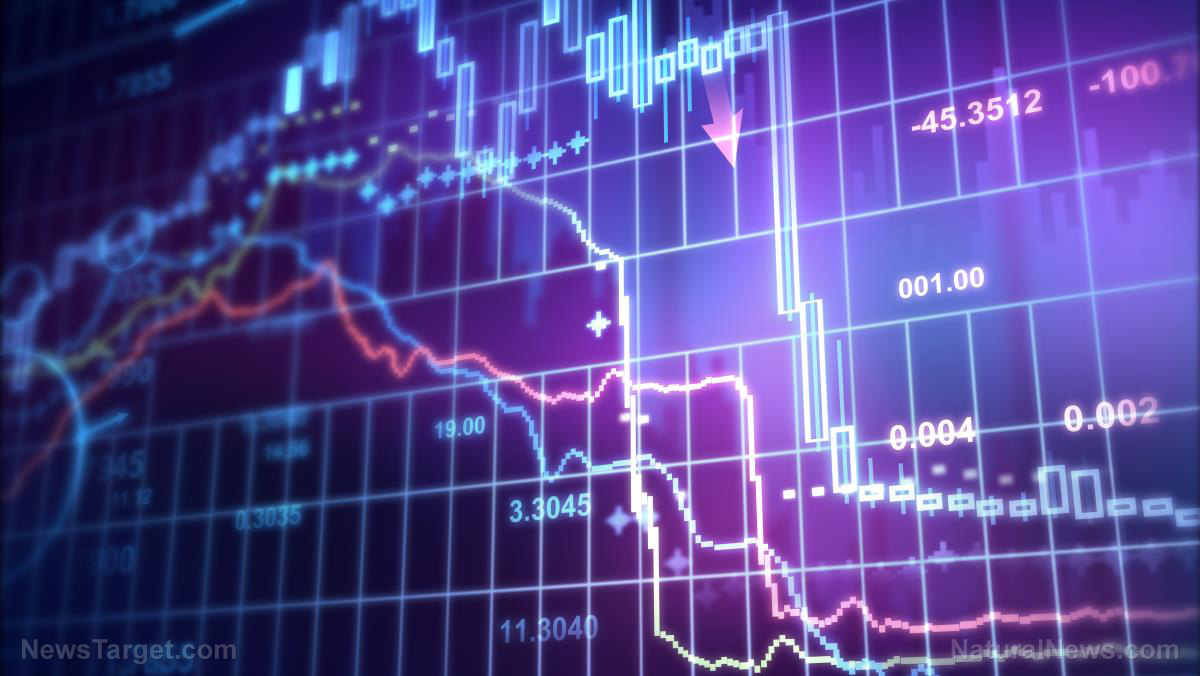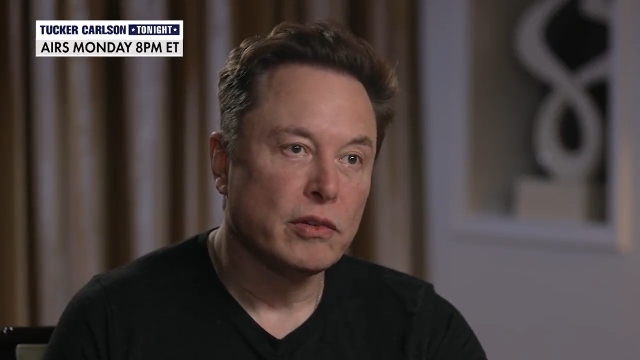
Corporations in the United States are still increasing the prices of their products, fueling inflation the likes of which the country has not seen in over a decade.
The price increases are occurring due to the rising costs for materials, transportation of goods and labor. To keep their profit margins, companies have to increase the price of every single product imaginable, from metal fasteners to cookies.
Fastenal Co., a major distributor of industrial supplies like nuts and bolts, is one of the largest corporations in the U.S. that is passing along higher costs to its customers. The company has been charging customers enough extra in the first half of the year to offset the higher costs of production and distribution.
Company executives warned that its ability to keep up with price inflation could lag in the coming months. The company is currently bound by customer contracts which limits how much it can increase its prices each year.
"In an environment where inflation continues to rise quarter after quarter after quarter, there are certain sticking points within our ability to push it through," said Fastenal chief financial officer Holden Lewis. "Inflation in the marketplace can rise at a much more methodical and smooth pace than our ability to change prices can."
Chipotle Mexican Grill raised its menu prices by around four percent earlier this year to offset the rising labor costs. The company recently increased its minimum wage to $15 an hour. On Tuesday, July 20, CEO Brian Niccol said the price increase has not negatively affected its customers too much.
Niccol said this proves Chipotle's pricing power with diners. "I actually see it as a long-term strength of the company," he said. This means the company might increase its prices more in the near future, to test how much it can raise its profits without negatively affecting its relationship with consumers.
Multinational food and beverage company Mondelez International raised the prices of its Oreo cookies and other snacks earlier this year. It also told investors in June that it is considering further price increases for 2022 based on expected inflation of commodities costs.
This has two possible meanings. Its packages could remain the same size but with bigger price tags, or get smaller with the same price. (Related: Supermarkets stocking up on food in anticipation of supply chain disruptions, price inflation.)
European companies also increasing their prices
Europeans are experiencing similar spikes in the prices of commodities.
A survey held on Friday found that businesses all over the continent have been increasing their prices at some of the fastest rates in 21 years.
The increase in the costs of raw materials and shipping has strained the continent's supply chains. All kinds of companies, from those selling ice cream to those manufacturing chemicals and industrial robots, have increased their prices to protect their profit margins.
"More or less all costs have gone up," said Bjoern Rosengren, CEO of Swedish-Swiss electronics manufacturer ABB Ltd. "Yes, we're transferring some of that to our customers but also trying to become more efficient in our operations."
London-based multinational consumer goods corporation Unilever recently announced it is charging more for most of its consumer products. The company said it needs to do this because of the rise in the cost of crude and palm oil and freight prices. This has affected the prices of everything from hand sanitizer to bouillon cubes.
"We've seen further significant cost inflation emerge," said Unilever CEO Alan Jope. "Our pricing is accelerating as we take actions to offset the impact."
Financial experts in Europe believe a lot of the price increases in the continent are linked to the rapid rebound in demand as economies recover from the extreme restrictions imposed upon them by the lockdowns.
This sudden surge in demand has led to significant disruptions in supply, forcing companies to pay more to get enough raw materials to meet the unexpected demand. This scramble to ramp up production has also created shortages across multiple industries, straining European supply chains.
Learn more about the instability in the market by reading the latest articles at MarketCrash.news.
Sources include:
Please contact us for more information.




















